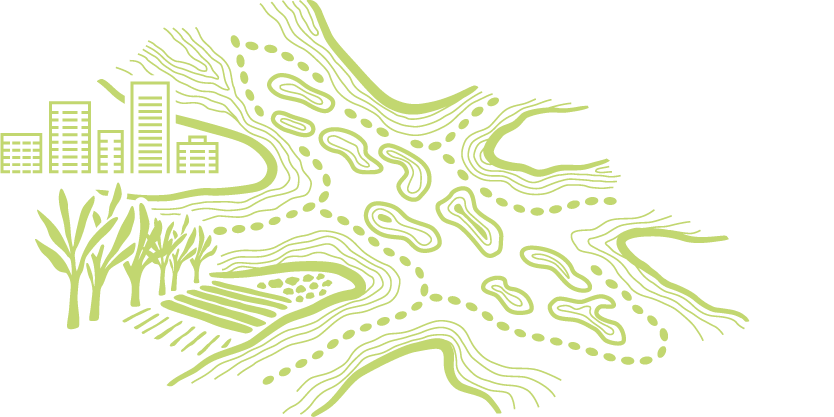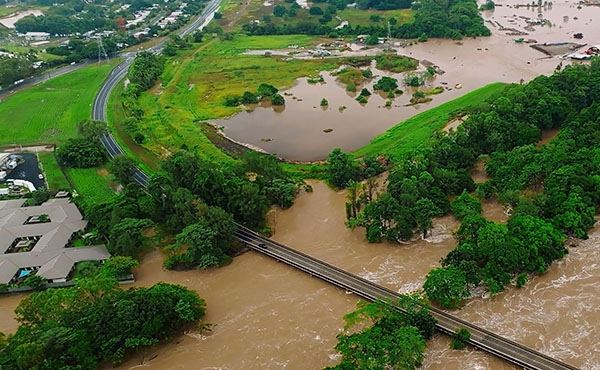Grading statements — Impacts on ecological, heritage, economic and social values
Few or no impacts have been observed and accepted predictions indicate that future impacts on the Region’s ecological, heritage, economic or social values are minor.
Some minor impacts have already been observed and there is concern that, based on predictions, there will be significant but localised impacts on the Region’s ecological heritage, economic or social values.
Current and predicted future impacts are likely to significantly affect the Region’s ecological, heritage, economic or social values. Concern about serious ecosystem, heritage economic or social effects within the next 20–50 years.
Current and predicted future impacts are likely to irreversibly destroy much of the Region’s ecological, heritage, economic or social values. Widespread and serious ecosystem, heritage, economic or social effects likely within the next 10–20 years.
or
Borderline Indicates where a component or criterion is considered close to satisfying the adjacent grading statement.
Confidence
Adequate high-quality evidence and high level of consensus
Limited evidence or limited consensus
Inferred, very limited evidence
The Region’s natural heritage value is already affected by climate change, transforming Reef’s ecosystems through losses of species and habitats and altered ecological processes. As Indigenous heritage values and Traditional Owners’ connection to Sea Country are closely linked to the natural heritage values, these values are under threat due to growing pressure from climate change and local anthropogenic impacts. Projections of intensification of ocean warming and population growth indicate that pressure will continue on the Region’s heritage values.
The interconnectedness of the natural and Indigenous heritage values exacerbates the vulnerability of the Region’s heritage values to the impacts of climate change. Some Indigenous and historic heritage values will be irreplaceable if lost or damaged. Changes in weather patterns, driven by ongoing ocean warming, is imposing strong current and predicted impacts on natural and Indigenous heritage values. Altered weather patterns, such as severe rainfall, flooding and cyclones can cause irreversible damage to natural, historic and Indigenous heritage values.
Population growth in the Region and further coastal development will put pressure on natural, historic and Indigenous heritage values of the Reef. The approval of new coalmines in the Catchment can further exacerbate the effects of climate change. At a local scale, the number of ports and marinas has remained stable over the past 5 years, but maintenance of these facilities can affect nearby heritage values.
Culturally significant species, such as dugongs and marine turtles that rely on inshore seagrass meadows, continue to be indirectly impacted and vulnerable to land-based runoff. Land-based runoff may affect underwater historic heritage sites through changes in physical and chemical processes.
Direct use can affect tangible and intangible Indigenous heritage values. Direct use has limited impacts on historic heritage values, except tangible underwater sites that can be physically damaged by some activities. Gaps in understanding around the nature and extent of impacts on heritage values from tourism and fishing activities remain (e.g. through damage to seafloor, extraction of herbivores and incompatible uses).


